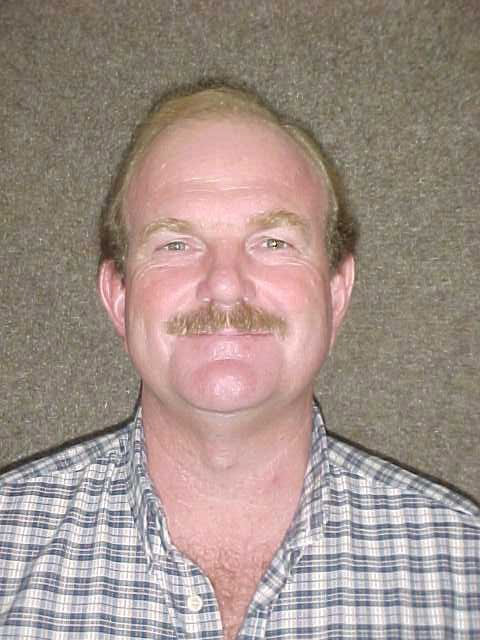The goal of achieving land degradation neutrality is still achievable, especially with the recent appointment of Prof Klaus Kellner from the Unit for Environmental Sciences and Management (UESM) at the North-West University (NWU) to serve on the Land Degradation Neutrality (LDN) National Working Group.
Prof Kellner has been appointed by Nomfundo Tshabalala, the director-general of the Department of Forestry, Fisheries, and the Environment (DFFE), and he will provide strategic oversight for the process of reviewing and updating the LDN targets and will bring together key relevant stakeholders at all levels.
Prof Kellner says he feels honoured to be appointed and promises to prioritise the review and validation of reports related to LDN target setting in South Africa.
"I will raise awareness about LDN among stakeholders and promote a culture of information sharing. Additionally, I will ensure that LDN target setting is integrated into national and provincial policies," he adds.
South Africa is a participant in the United Nations Convention to Combat Desertification (UNCCD), which is aimed at addressing serious desertification, land degradation and drought, particularly in Africa. The UNCCD provides a framework for countries affected by desertification to effectively tackle land degradation at national, regional and international levels. The DFFE serves as the national focal point responsible for implementing the UNCCD in the country.
In 2018, South Africa, through the DFFE in partnership with the National Action Programme contributing partners, established LDN targets for the country. These targets align with Sustainable Development Goal 15: life on land, which emphasizes the protection and sustainable management of land-based ecosystems, specifically target 15.3 aimed at achieving a land degradation-neutral world by 2030. The Cabinet approved these targets for implementation in 2018.
Accordingly, South Africa committed to restoring, conserving and sustainably managing around 17 million hectares of degraded landscapes by 2030 through the set LDN targets. These LDN targets complement the implementation of South Africa’s National Action Plan to combat desertification and other environmental programmes.
South Africa has been designated as one of the leading countries worldwide to participate in the LDN target-setting process, acknowledging the nation's constructive role in the UNCCD.
Furthermore, the UNCCD has launched its first-ever Data Dashboard, compiling national reporting figures from 126 countries. The data shows that land degradation is rapidly advancing across all regions, and that – between 2015 and 2019 – the world lost at least 100 million hectares of healthy and productive land each year.
In sub-Saharan Africa, Botswana has successfully reduced land degradation from 36 percent to 17 percent of its territory. The country has committed a total of 45,3 million hectares to land degradation neutrality. This includes measures to prevent further degradation as well as restore interventions in specific land degradation hotspots. Additionally, Botswana has identified 1,42 million hectares as "bright spot" areas, which are regions rehabilitated through appropriate remediation activities.
Land degradation trends differ by region, but UNCCD data warns that if current trends continue, the world will need to restore 1,5 billion hectares of degraded land by 2030 to achieve the LDN targets set out in the Sustainable Development Goals (SDGs).
"Although global trends are moving in the wrong direction, it is still feasible to not only meet but exceed land degradation neutrality goals. This can be achieved by halting further degradation while accelerating efforts on existing commitments to restore one billion hectares of land by 2030, with funding and action going hand-in-hand," says Dr Barron Orr, UNCCD chief scientist.
In a positive step towards creating a more resilient future, 109 countries have committed to voluntary LDN targets for 2030, and another 21 are in the process of doing so. From 2016 to 2019, around $5 billion from bilateral and multilateral sources supported global efforts to fight desertification, land degradation, and drought. This aid assisted 124 nations in carrying out various projects to achieve land degradation neutrality and tackle the challenges presented by desertification, land degradation, and drought.
Prof Kellner says he is satisfied with South Africa's engagement in the UNCCD and has been involved in the convention for many years. He has represented South Africa at many conferences of parties for the UNCCD at a global scale as the president of the Committee for Science and Technology.
He also serves on the national coordinating body of the UNCCD and was appointed on the Roster of Experts regarding DLDD matters in South Africa.
Prof Kellner regards his appointment as a promising initiative that will not only benefit other Southern African Development Community nations, but will also yield global significance.

Prof Klaus Kellner
